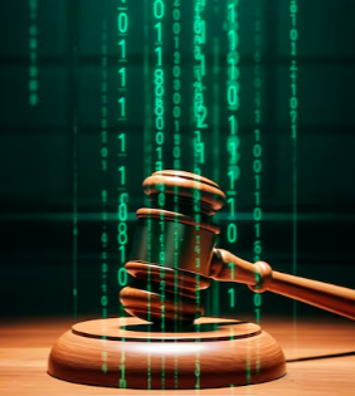Written by Haim Ravia and Dotan Hammer
The Supreme Court of the United States held oral arguments in the Gonzalez family’s case against Google. The plaintiffs are family members of Nohemi Gonzalez, an American student murdered in a 2015 ISIS attack in Paris. The family accuses Google of responsibility for the attacks, due to the automated user-feed recommendation of terrorism-inciting content and YouTube videos.
The federal law ins question is Section 230 of the Communications Decency Act, which protects online platforms from liability regarding the content that their users published and the platforms’ decisions to remove or not remove content. If the Supreme Court restricts the scope of the immunity under the law, platforms will be exposed to claims alleging that they led people to view posts and videos that advocate violence and terrorism and cause emotional distress.
The justices also heard oral arguments in Twitter v. Taamneh, regarding another person murdered in a terrorist attack. The Supreme Court will decide whether Twitter, Facebook, and Google can be sued and held responsible on the theory that they aided terrorism by allowing the Islamic State to use their platforms.
The Supreme Court will issue its decisions in these cases no earlier than June, 2023.
Click here to read the transcript of oral arguments in Gonzalez v. Google LLC
Click here to read the transcript of oral arguments in Twitter, Inc. v. Taamneh



